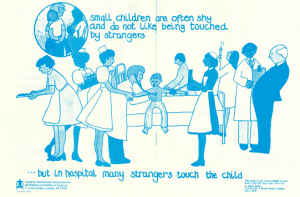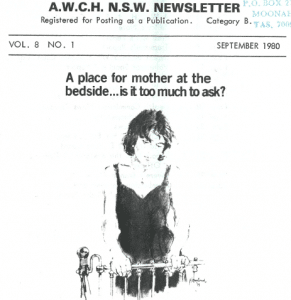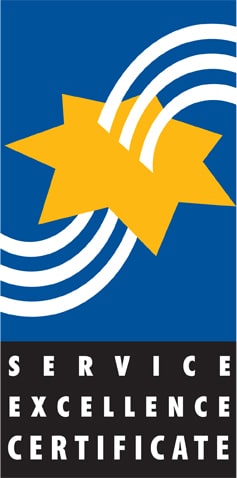Moment of panic
 A brown blob appeared momentarily in my peripheral vision and disappeared, I stopped. Continuing on, the motion of my swinging hair caused the reappearance of the brown blob. Standing still, I sensed a slight weight, something was there… and it was starting to move.
A brown blob appeared momentarily in my peripheral vision and disappeared, I stopped. Continuing on, the motion of my swinging hair caused the reappearance of the brown blob. Standing still, I sensed a slight weight, something was there… and it was starting to move.A moment of panic ensued and with a hasty flick, the small huntsman spider dropped to the floor, scuttling across tiles, sinking low into a groove, not daring to move. This young Huntsman with brown translucent legs, had been taken from familiar surroundings and catapulted into a strange environment – my bathroom.
Mum’s sleeping on the floor
Fear and separation
To go home or stay on the floor?
Sam’s mum, it had been suggested, should go home because her son was old enough that “he should be able to cope”. With an upright chair to sleep in, Janet stayed. At 3 am another nurse approached her with a strip of foam rubber and a towel, she “hit the floor with relief”. The next night she had a sleeping bag from home. Janet experienced some odd looks from hospital staff but she was pretty much ignored. This mum was courageous, doing what she thought was best for her child despite hospital protocol.
“thanks for staying with me in hospital mum”
AWCH helps children
AWCH continues to produce policies, work with key stakeholders (CT scans – information for parents and carers), guide the provision and advocate for rights of children and young people in healthcare.
AWCH Ward Grandparent scheme supports children and parents or carers in hospital. Volunteer grannies, recognise it isn’t possible for parents or carers to always stay with their child.
Your comments and impressions are welcome and can be added below.







